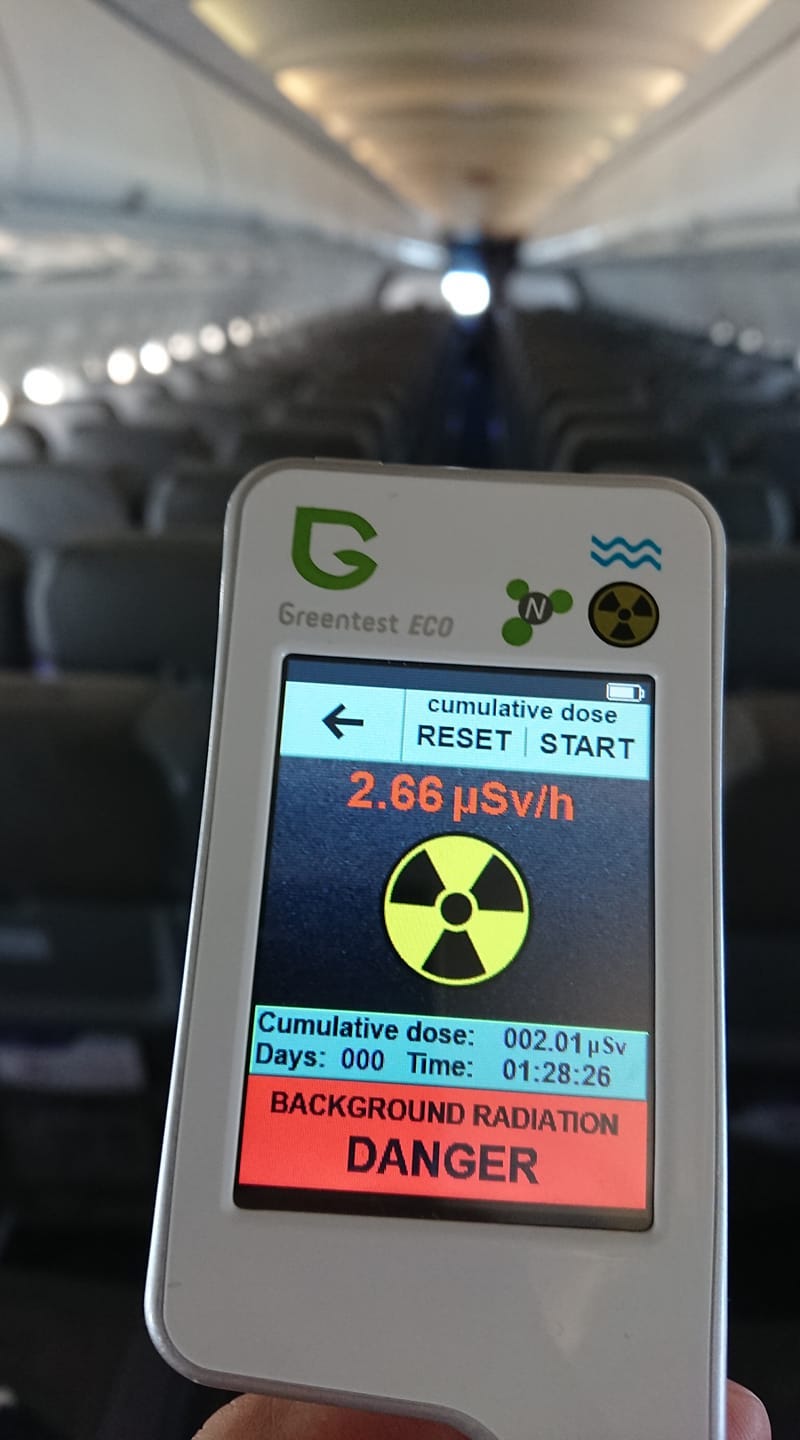Aviation: Cancer of Korean Flight Attendant just recognised as 'occupational injury' could set precedent
Health Concerns at Altitude or The Dangers of Flying
A government agency in South Korea has ruled that a flight attendant's fatal cancer was directly caused by the cosmic radiation she was exposed to during her career. The airline had fought the decision, fearing it would set a precedent, and the decision by the Korean Workers' Compensation and Health Agency was eagerly awaited. In South Korea, but also other countries, flight crews are very concerned about their health.
The flight attendant, called Song, worked for Korean Air from 1995 to 2021. She flew a lot of long international flights, between Korea and Europe, or between Korea and cities in the Americas. In 2021, she fell ill. Doctors quickly diagnosed her with stomach cancer at a very advanced stage, and she died a few months later at the age of 53. Since then, her relatives have been fighting to have her death recognized as a genuine accident at work.
The Korean government agency therefore agreed with the plaintiffs. It stated that there was a direct link between the time spent working in the plane at high altitude and the radioactive doses that contaminated the flight attendant. Throughout her career, she spent an average of more than 1,000 hours per year flying, half of them on long-haul flights. During these long-haul flights, she regularly flew over the North Pole, which is known to be more dangerous in terms of exposure to cosmic rays and therefore radioactivity. Scientists explain that cosmic rays hit the poles more forcefully, especially at high altitudes. In an aircraft, these rays are not attenuated by the Earth's magnetic field, which more or less protects the rest of the planet. For the Korean agency, Song's cancer was most probably caused by the frequency of these flights.
The airline disagreed with this diagnosis. In its opinion, this cancer cannot be linked to the professional activity of its employees. It has assured us that it never exposes its flight crews to doses of radioactivity that are beyond the legal thresholds. It therefore believes that the cancer is linked to other factors unrelated to her work. (continued below).
→ Editor’s Note: There are quite a few “other” factors that endanger aircrews’ health, however, they are also occupational hazards:
This explanation was not accepted, and the South Korean agency's decision is considered a victory for the flight attendants. Some of them have been fighting for years to have the dangerous nature of their work recognized.
In 2018, a study published in the journal Environmental Health found that certain cancers were higher among flight attendants than the rest of the population. This is particularly the case for breast, uterine, gastrointestinal, and thyroid cancers.
This article was first published by and can be read at franceinfo: on 07.11.2023. All rights © franceinfo: - author Yann Roussau.
For more in-depth information or if you are seeking help, please contact AVSA (French) and check out the website UNFILTERED (English and Spanish), where you can find science, testimonies, court cases, documentaries, medical and laboratory protocols, books, and more. Please also support our petition (several languages).






